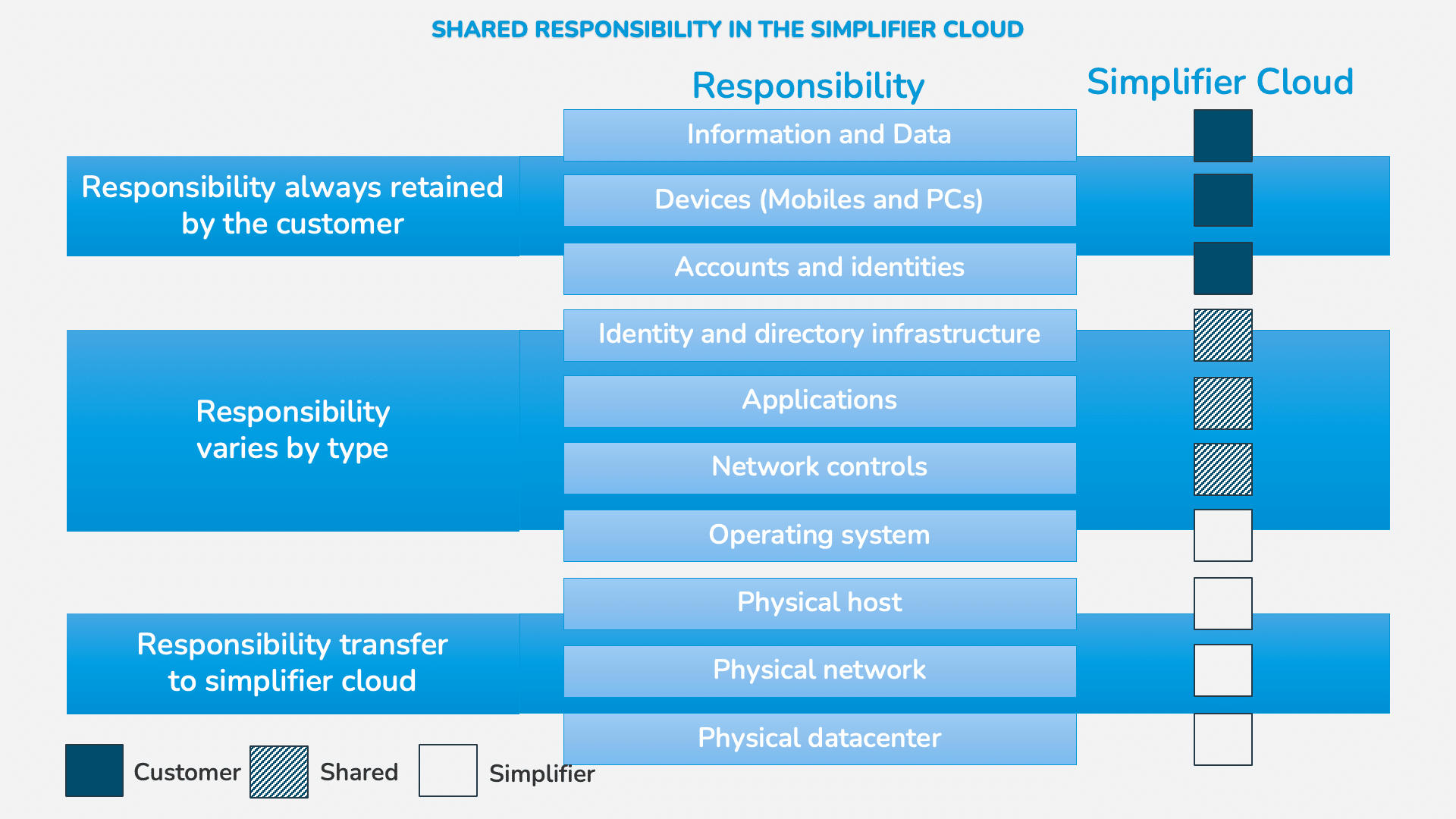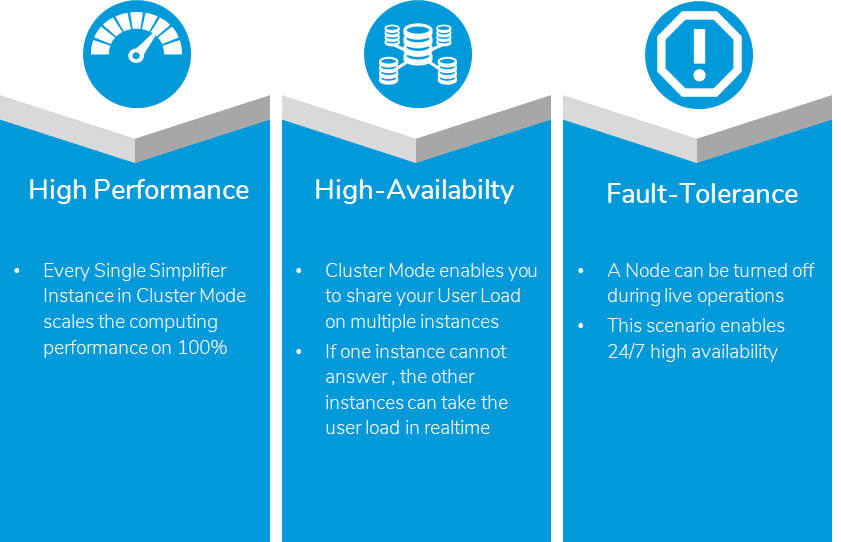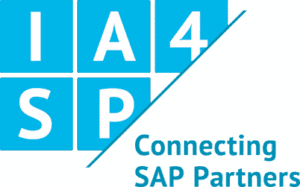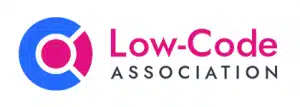Operations in a nutshell
Our operation concept based on the flexible architecture of Simplifier microservices and mobile client
- Secure: Each Services on server-side are virtualized and containerized based on docker technology
- Up-to-Date: All running services can instantly be updated with daily quality updates
- Open: All services can be also used via REST-API
Simplifier Operation Capabilities
Simplifier Server runs everywhere, it doesn’t matter if on
- private Cloud
- public Cloud
- or on-Premise
Simplifier provides enormous flexibility of hosting in different environments and gives you the opportunity to choose the right hosting approach and scale as you grow later with easy migration for example from on-Premise to Cloud.
Operations follows Users
Simplifier additional License for using more than one production environment, enables the modeling for different security concepts within one organization. For Example, if you build applications and workflows for internal use, you can choose a private cloud or onPremise Setup but for external users like customers and suppliers you can setup a parallel public cloud environment for easy access.
The Simplifier cluster mode can offer several benefits in terms of scalability, including:
Load balancing
Simplifier cluster mode can distribute incoming requests across multiple nodes in the cluster, which can help balance the load and prevent any single node from becoming overwhelmed. This can help ensure that the system remains responsive and available, even under heavy loads.
Horizontal scalability
Simplifier cluster mode can easily scale horizontally by adding new nodes to the cluster as needed. This can help increase capacity and performance without having to replace existing hardware or software.
High availability
Simplifier cluster mode provides high availability by ensuring that if one node in the cluster goes down, another node can take over and continue processing requests. This can help prevent downtimes and ensures that the system remains available to users.
Improved performance
Simplifier cluster mode improves performance by allowing requests to be processed in parallel across multiple nodes. This can help reduce response times and improve overall system throughput.
Simplifier Architecture provides local processing of your data without using any mandatory cloud services. The complete data flow and data processing runs only within the Simplifier Server Environment and can be controlled over local Monitoring. Simplifier complies with the hardest security, compliance, and audit rules like GDPR (DSGVO) and ISO 27001 to ensure your data doesn’t leak to an unauthorized third party person.
Simplifier PaaS (Platform as a Service)
Simplifier offers the complete operation as a Service – that means you don’t have to care about
- Availability
- Patching
- Backup and Restore
- Accessibility
- Security
We take care of your Data
Simplifier operates the PaaS Service in a cloud data center in Frankfurt, Germany by default. Also, every customer gets a totally isolated network and sub-tenant, not-mixed with any shared data concepts or storage. To ensure that Simplifier is able to connect to all your Backends, we provide an encrypted Site2Site VPN Connection (secured by IPSec) to local data centers on the customer site.
Scalable around the Globe
Simplifier PaaS Service is as flexible as the Simplifier Platform itself. For providing a worldwide hosting concept, Simplifier Cloud offers:
- multiple Availability Zones around the Globe
- 24/7 Support in three timezones (partner offering)
- High-Availability with Cluster Mode
- Load-Balancing to serve a high amount of concurrent Users
- Additional Infrastructure Security Layers like Web-Application Firewall (WAF)
FAQ
Simplifier runs within a Docker Container and can be used either as a Cloud Platform or On-Premise. It is a full stack web-based development and customization platform including a design and runtime so there is no need for additional development environments.
To get Simplifier on-Premise or Cloud Images we offer several options:
- for Docker Images, please visit our Docker Profile
- in addition, see other Clouds and PaaS Deployments
A separate container instance of the Simplifier is required per client. This ensures maximum flexibility for switching between onPremise and the cloud and guarantees the protection of data through separate processing and data storage. The Simplifier license allows the flexible distribution of users and apps on different Simplifier instances, so that an extensive client concept can be set up over several containers.
Yes thats the only way to install and run the simplifier on premise because we take care of the JVM (Java Virtual Machine) Settings and other external components also and want to deliver a highly functional setup. Therefore without docker, we can’t ensure the right configuration for the complete setup.
You will find our actual server requirements here.
Yes the simplifier can run under any linux virtual machine providing a docker engine – we recommend to use the installation guide via docker-compose
For Simplifier you need at least
- Database (MySQL or Oracle) for Simplifier Configuration Data
- Docker Engine for executing the simplifier server via docker image
- HTTP(S) Proxy for TLS Termination and Secure Client Communication
- Storage Volume for Files
We recommend our installation routine that includes all additional software except the docker engine.
Simplifier supports either MySQL or Oracle – for more Information see
If you license simplifier including simplifier cloud – the simplifier ag is responsible for all operation task except User Administration and Roles & Rights Management.
If you using simplifier onpremise or in your private or public cloud, you have to take care about the following tasks:
- Provides Guest-OS with Docker-Engine
- Monitoring
- Backup & Recovery of Database and Storage
- Network Configuration
- SSL Offloading
- Guest OS Patches
- Security Hardening
- Update Simplifier Container
- Roles & Rights Management
Per Default Simplifier expect an
- public access
- or private access via Site2Site VPN
For more information about support read here.
In Exceptions we can provide via conferencing call like MS Teams, Zoom etc also.
Per Default every Simplifier Licensee gets a 3 System-Landscape
- Development (unlimited apps, unlimited users)
- Quality Assurance / Test (unlimited apps, unlimited users)
- Production (limited apps and users according to license contract)
The Simplifier Browser Applications as well as the Simplifier Mobile Client communicates only over REST API using protocol HTTPS and Websocket-Secure (WSS) – Default Port 443.
We offer Quality Updates on a weekly base for all maintained release options. You will also find the latest changelog in our MAKERS CLUB.
New MAKERS CHOICE releases will be released every 8 weeks. Once a year, a MAKERS CHOICE release is also released as a Long-Term Support release.
For more information about our Release Cycle read here.
Quality Updates should be automatically installed upon publishing. If your instance is hosted in Simplifier Cloud or you followed our installation and upgrade guidelines, this is already active. If you have not the current Quality Update installed, our Support Team will ask you to update your instance in case of any new ticket.
Instances with the MAKERS CHOICE release option have to be upgraded as soon as possible after the release of the next MAKERS CHOICE release because support ends for all prior MAKERS CHOICE releases.
Instances with the Long-Term Support release option have a 3-month transition period starting with the publishing of the next LTS release.
For more information about our release cycle read here.
With each MAKERS CHOICE Release, we state all changed behaviors and migrations to be done in our Release Notes. For our Long-Term Support (LTS) Releases, we update and publish also with each MAKERS CHOICE release Pre-Release Notes providing all the information that has to be done with upgrading to the next Long-Term Support release. This allows all LTS customers to prepare for the next LTS way before it is published.
- If you have chosen the MAKERS CHOICE release option, you should upgrade to each new MAKERS CHOICE version as soon as possible, as support is only provided for the current MAKERS CHOICE release.
- For Long-Term Support releases, there is also a 3-month transition period, during which the last LTS is still supported.
Important: You decide when your instances are upgraded. If your instances are hosted in the Simplifier Cloud, simply raise a service ticket in our support portal to trigger the upgrade.
Yes, Simplifier is designed to scale and can support large, complex applications that require high performance and resilience. It can handle enterprise-level workloads and integrates with load-balancing solutions to ensure reliability.
Experimental or preview features are deactivated by default. Starting with MAKERS CHOICE 25-03/Simplifier 10, you can activate them in our Feature Settings (read more). Else you need to set the environmental parameters stated in our installation and upgrade guides.
For more information on feature flags see our Feature Lifecycle.
To ensure the operation also in case of such events, we offer our Enterprise Package with High-Availability using Horizontal Scaling and 2 Data Centers akka Availability Zones to guarantee Disaster Recovery and High-Availability using more than one datacenter in more than one location/region.
We create daily backups from database and data file volume with 7-30 days of retention, depending on the Operation Model. For more information click here.
We don’t own data centers or any sensitive equipment in our office location or remote locations. We operate simplifier and process your data within cloud data centers only.
All used centers are fully equipped with all the needed Equipment UPS etc. For more information about the data centers click here.
Yes we are using two areas of data encryption.
- all Database instances, logs, backups, and snapshots are encrypted
- all File Storage Volumes are encrypted
The transport of data is encrypted either via HTTPS via TLS Version 1.2 or Web-Socket-Secure (WSS) also via TLS Version 1.2 or higher.
By default we use data centers in germany (location frankfurt) and process all your data only within EU.
We don’t use shared resources like memory, servers etc in our simplifier cloud. Each customer gets an own tenant including all virtual networks, subnet, firewalls, servers, logs, identity management and is completed separated from other customers.
We implemented securtiy mechansim according to BSI “Grundschutz” Compendium, OWASP and ISO 27001 Guidelines. For a detailed explanation click here.
You will find all certificates and audits here.
We guarantee the Service Level Agreements including Uptime for Production Environment only – The Availability differs between Hosting Models – you will find the Availability here.
We calculate the Availability in Service Health 24/7 all year long, except
- approved and agreed or planned downtimes
- nightly updates (max 15 minutes per day)
With each MAKERS CHOICE Release, we state all changed behaviors and migrations to be done in our Release Notes. For our Long-Term Support (LTS) Releases, we update and publish also with each MAKERS CHOICE release Pre-Release Notes providing all the information that has to be done with upgrading to the next Long-Term Support release. This allows all LTS customers to prepare for the next LTS way before it is published.
- If you have chosen the MAKERS CHOICE release option, you should upgrade to each new MAKERS CHOICE version as soon as possible, as support is only provided for the current MAKERS CHOICE release.
- For Long-Term Support releases, there is also a 3-month transition period, during which the last LTS is still supported.
Important: You decide when your instances are upgraded. If your instances are hosted in the Simplifier Cloud, simply raise a service ticket in our support portal to trigger the upgrade.
Yes – either over a public ip address or private ip address – depending on your scenario.
Cloud Act is a request of accessing customer data by US Government and can only be applied if
- US Government has a legal order of punishment / warrant
- Agreement of affected Customer
In General, all request are denied. If the request is valid, there are published for full transparency.
To prevent any of your data is being accessed – simplifier cloud provides full encryption for storage, database and backups to secure your data from external access.
Simplifier Cloud provides a “Shared Responsibility” divided in certain topics see picture below

Shared Responsibilities:
Regarding the Identity Providers, Simplifier offers the ability to configure Identity Providers but the customers have to configure the endpoint on their identity provider settings.
In terms of Applications, Simplifier provides the Low-Code Platform for build and run the Customer Business Applications. The Business Applications itself are in responsibility of the customer.
Network Controls are by default configured as in our security concept, but the customer can add additional rules if necessary.
Your data will be encrypted by using a Public/Private Key Mechanism using a high-secure algorithm 256-bit Advanced Encryption Standard (AES) with symmetric keys.
The Key Pair will be generated automatically for each new customer and stored in the AWS Key Management Service.
If you decide to terminate your engagement or migrate to a different hosting environment, you can request your data of course.
We will provide you
- a compressed file for the complete data volumes encrypted with a password for download
- a compressed file with the mysql database dump encrypted with a password for download
With these data exports, your are able to setup and migrate a simplifier environment on your own.
Per Default we backup daily, so the maximum loss of data from the latest Recovery Point (RPO) can be 24 hours, depending on the point of failure.
RTO, the total time for recovery, is provided via Service hours and take maximum 60 minutes.
Customer data is classified within Simplifier as critical and treated accordingly, as high impact, throughout their life-cycle. We have exacting standards on how to install, service, and eventually destroy the devices when they are no longer useful. When a storage device has reached the end of its useful life, decommissions media using techniques detailed in NIST 800-88. Media that stored customer data is not removed from Simplifer control until it has been securely decommissioned.













